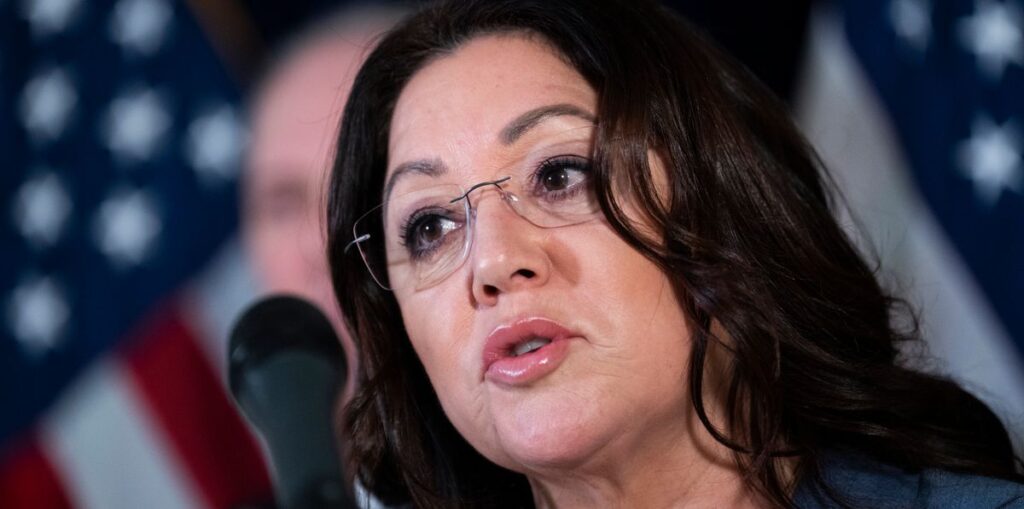In the highly contentious congressional race for Oregon’s 5th District, Rep. Lori Chavez-DeRemer (R) faces a significant challenge from her Democratic opponent, Janelle Bynum. As House Republicans grapple with the potential loss of their majority in the upcoming November elections, every debate and exchange holds heightened importance. During a debate, Bynum accused Chavez-DeRemer of supporting a “heartbeat bill” that would impose a six-week abortion ban, contrary to Chavez-DeRemer’s declarations of upholding Roe v. Wade. Chavez-DeRemer vehemently denied this accusation, labeling it an “outright lie” and insisting that no vote on such a bill had occurred.
Bynum criticized Chavez-DeRemer’s voting record, pointing to her multiple votes on various bills perceived as efforts to establish a national abortion ban. In response, Chavez-DeRemer’s claims of not supporting a heartbeat bill came under scrutiny as evidence emerged demonstrating her past endorsement of similar legislation. In a 2022 tweet, she explicitly stated her support for such a bill, indicating a disconnect between her statements in the debate and her previous public positions. This discrepancy raises questions about her commitment to transparency and consistency in her political messaging.
Heartbeat bills, designed to prohibit abortions once a fetal heartbeat is detected, have become contentious focal points in the abortion debate. Advocates contend that these bills occur when a detectable heartbeat is present at around six weeks of pregnancy; however, critics argue that a heart has not yet developed at that stage. Despite her denials during the debate, Chavez-DeRemer’s previous endorsement of a heartbeat bill reflects the complex dynamics at play in her campaign, illustrating the political challenges of navigating abortion issues in a polarized environment.
Further complicating her position, Chavez-DeRemer’s voting record includes support for various restrictions related to abortion access. For instance, she voted against government reimbursements for military personnel needing to travel for abortions and supported legislation that would impose severe penalties on medical professionals related to infant care in failed abortion scenarios. These actions portray her as aligned with the broader Republican agenda on abortion, despite her claims of moderation and support for state-level decision-making over potential national restrictions.
Chavez-DeRemer’s responses during a local television interview reveal her struggle to reconcile her previous positions and current campaign rhetoric. Initially, she seemed to indicate support for discussions around a six-week ban but later insisted she had always supported a 12-week limit. Her insistence that her views had remained consistent clashes with her earlier endorsement of the heartbeat bill and highlights the challenge of maintaining voter trust amidst shifting stances. As the election nears, this indecision and perceived inconsistency could have ramifications for her re-election bid, particularly in a district that was recently held by a Democrat.
With the race deemed a “toss-up” by key political observers, Chavez-DeRemer’s contest against Bynum reflects greater national conversations surrounding abortion rights and political accountability. The narrative of Chavez-DeRemer’s evolving stance on abortion embodies the complexities facing candidates amid the current political climate, where the electorate is increasingly wary of political contradictions. As the candidates prepare for their upcoming debates, the focus will likely remain on their positions regarding reproductive rights, as voters assess their choices ahead of the pivotal November election.

